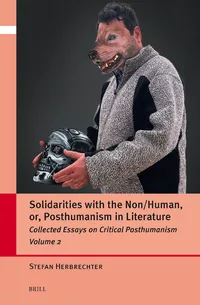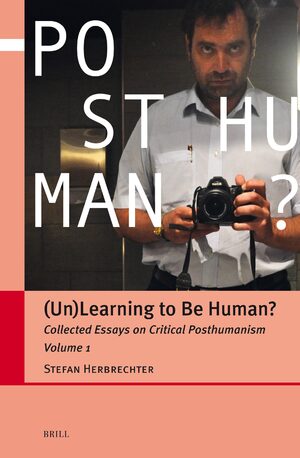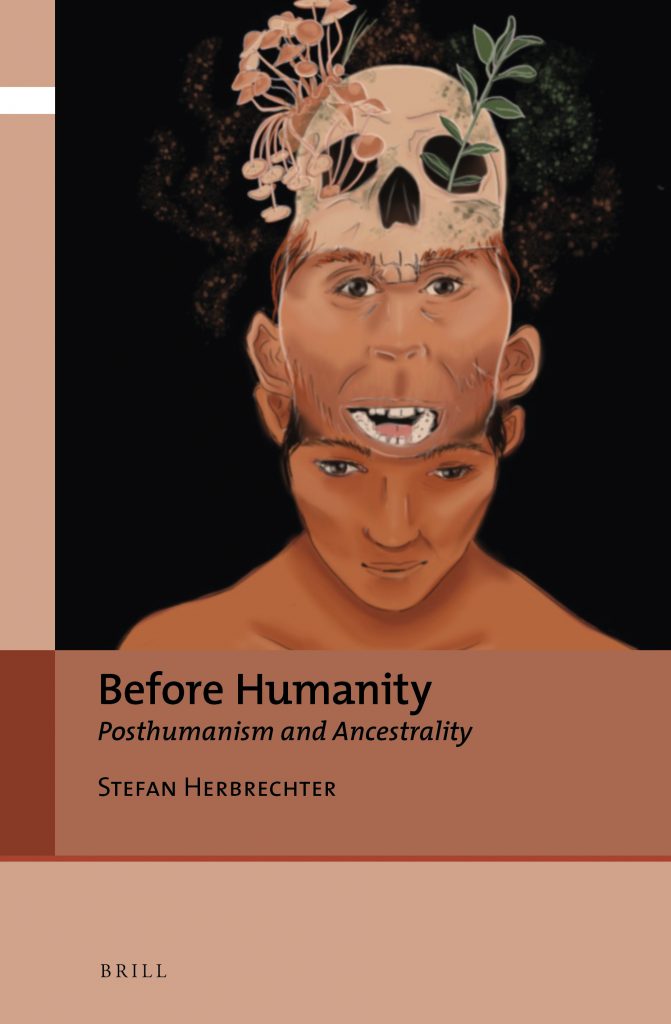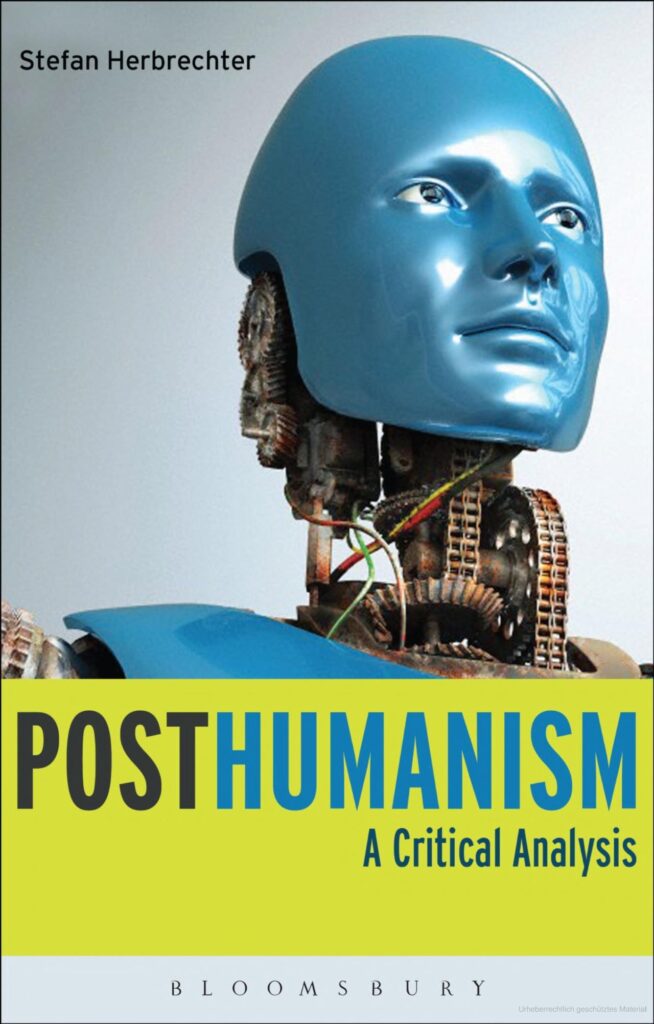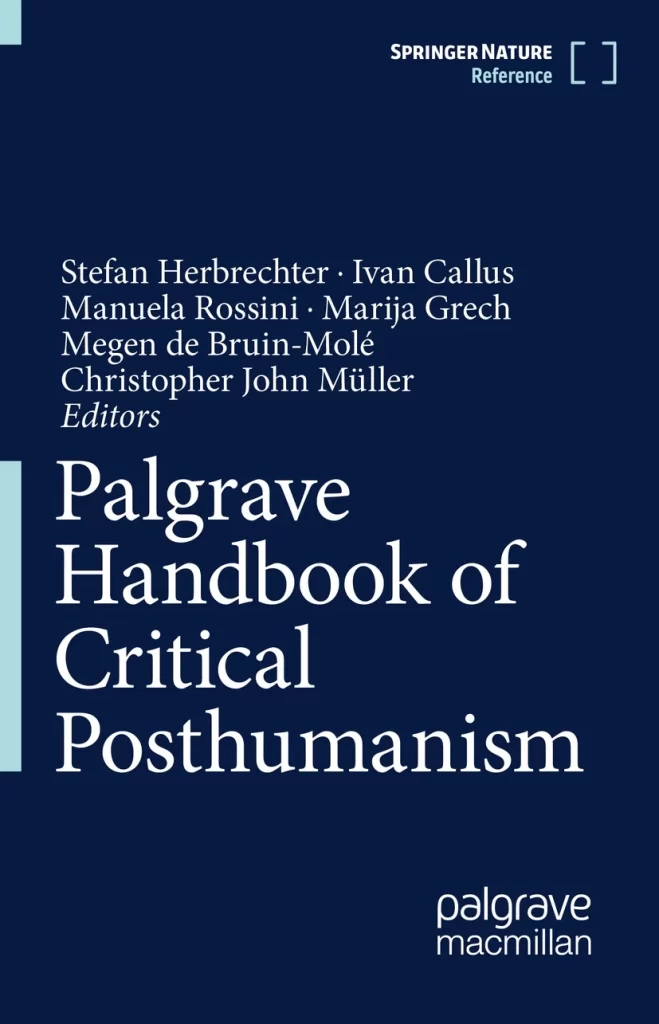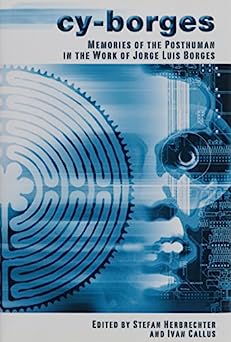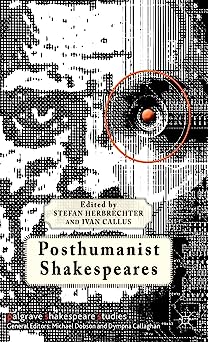or, life as a postacademic…
Here is the “official” short bio version:
Stefan [Stéphane] Herbrechter is a Privatdozent at the University of Heidelberg, Germany, specialising in literature, media and cultural theory. He has held academic posts at the University of Heidelberg, Leeds Trinity University and Coventry University, UK. He is one of the founding figures of critical posthumanism, director of the Critical Posthumanism Network and its online database/journal Genealogy of the Posthuman. He is also general editor of the Critical Posthumanisms series at Brill, as well as the editor of the Palgrave Handbook of Critical Posthumanism (2022). His main books on the topic of critical posthumanism are Posthumanism – A Critical Analysis (2013), Before Humanity (2021), (Un)Learning to Be Human? (2024) and Solidarities with the Non/Human, Or, Posthumanism in Literature (2024).
The slighlty longer story of being a “postacademic” runs like this:
I am a semi-retired UK academic who used to be a Reader in Cultural Theory and Postgraduate Programme Manager (Media) at Coventry University, in the UK (2009-2014). Before that, I was Professor of English and Cultural Studies at Heidelberg University, in Germany (2007-2009). I remain affiliated with Heidelberg as an unwaged “Privatdozent” (2014-date). My first academic job was at Leeds Trinity University when it was still Trinity and All Saints, College of the University of Leeds, UK (1997-2007). That was straight after my PhD at the Centre for Critical and Cultural Theory at Cardiff University, UK, which, at the time, was a beacon of “British Poststructuralism” (aka “French Theory”). The CCCT was also the context in which Neil Badmington, Ivan Callus, Manuela Rossini and I developed our reading of posthumanism and the posthuman, which we went on to name critical posthumanism (CPH), understood as the “ongoing deconstruction of humanism” (see my Critical Posthumanism, Again for more details).
Like all “posts” (postmodern, postcolonial, posthuman…), postacademic does not simply mean “after” or “beyond” academia. I continue to do research, write and disseminate my take on critical posthumanism, but the good thing is I no longer have to go to often point- and endless meetings, engage with administrative rules and regulations, worry about hitting corporate, personal development and external funding targets and so on. Instead I can do what academics were originally meant to do: read, think, write, translate, publish, edit, and teach, occasionally, but without the assessment pressure. So the “job” feels a bit like a hobby now – such a shame it’s no longer paid…
Being (a) postacademic, however, also opens your eyes to some of the quite bizarre ways academia functions and which are probably quite hard to explain and justify. I’ve voiced some of these concerns in more detail here if you’re interested. Postacademic therefore aims for a different understanding of academic practice, academic institutions and academic self-understanding.
What this my postacademic “work” actually consists in is what the rest of this website is about. It showcases what I “stand for”, so to speak, as one of the founders and main proponents of this theoretical (philosophical, intellectual, educational…) paradigm called critical posthumanism and what it has to say about this age-old question “we” have been asking ourselves: what does it means to be human…

